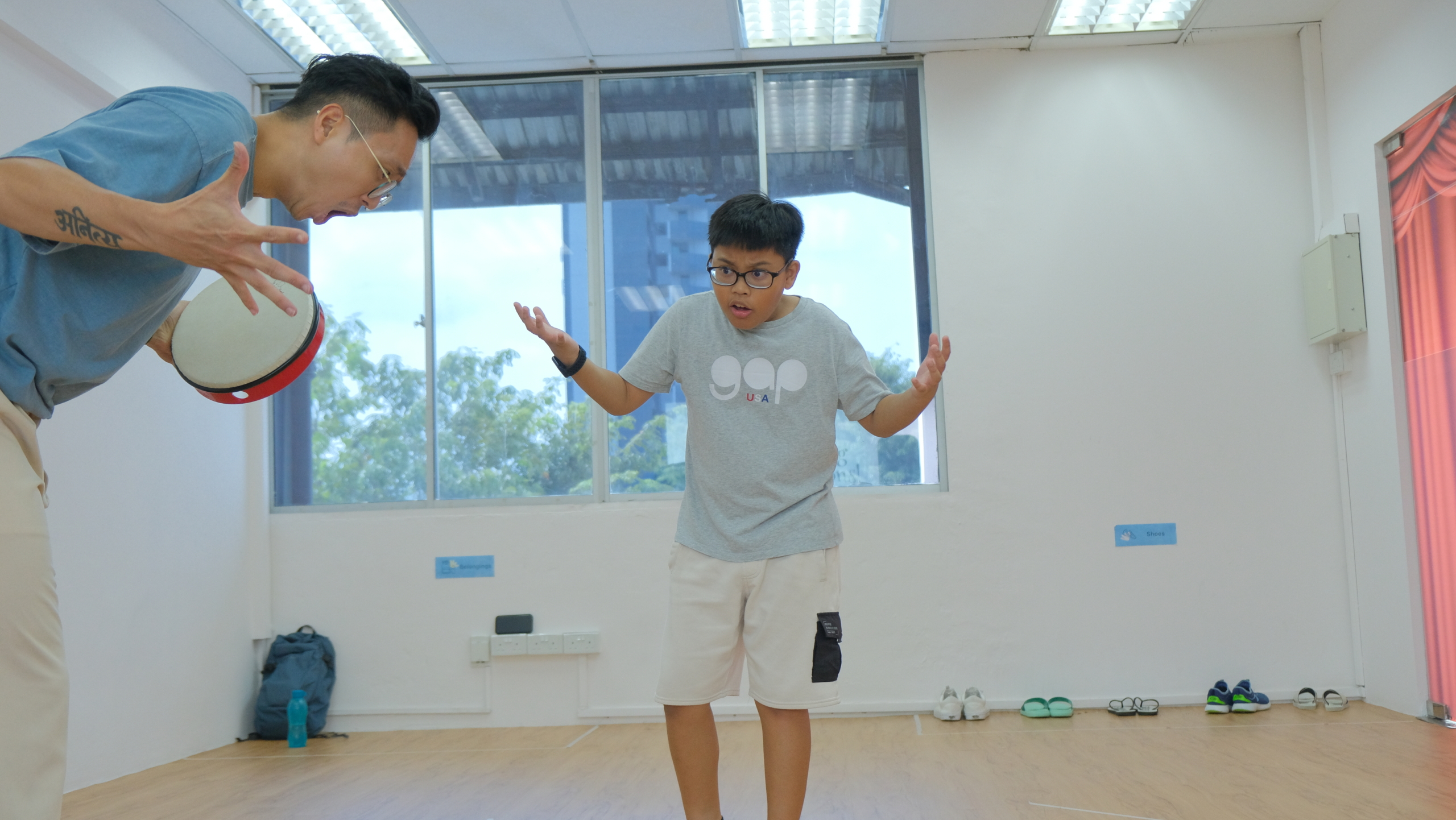How Do I Increase My Child’s Confidence?
Confidence is the foundation upon which children build their self-esteem, resilience, and ability to navigate the world. As a parent or educator, understanding how to increase your child’s confidence is crucial for their overall development. This guide will explore various methods to help your child grow into a confident individual, ready to face life’s challenges with a positive mindset.
Understanding the Roots of Confidence in Children
Confidence in children stems from a combination of feeling loved, valued, and capable. It’s cultivated through positive experiences, supportive environments, and the opportunity to overcome challenges. Children who feel secure in their abilities are more likely to take risks, try new things, and recover from setbacks. Understanding these roots helps in creating the right conditions for building your child’s confidence.
The Power of Positive Reinforcement

How Do I Increase My Child’s Confidence
Positive reinforcement is one of the most effective ways to increase your child’s confidence. By acknowledging and celebrating your child’s efforts and achievements, you send a powerful message that they are capable and valued. This can be as simple as praising them for completing a task, trying something new, or showing kindness to others. The goal is to help your child recognize their strengths and understand that their efforts are appreciated, which in turn boosts their confidence.
Encouraging Independence and Responsibility
Allowing children to take on responsibilities and make decisions fosters a sense of independence, which is closely tied to confidence. When children are given the chance to make choices, whether it’s selecting their clothes for the day or deciding how to approach a school project, they learn to trust their judgment. This autonomy empowers them to tackle challenges with confidence, knowing that they have the skills to succeed.
Building Confidence Through Skill Development
Skill development plays a significant role in boosting confidence. As children acquire new skills, they gain a sense of accomplishment and self-assurance. Whether it’s learning to ride a bike, mastering a musical instrument, or excelling in academics, each achievement contributes to their growing confidence. Encourage your child to explore different activities and hobbies to discover their strengths and interests.
The Role of Failure in Building Confidence
Failure is often seen as a setback, but it is actually a crucial component of building confidence. When children experience failure, they learn resilience and the importance of perseverance. It’s essential to frame failure as a learning opportunity rather than a defeat. Encourage your child to reflect on what went wrong, what they can do differently next time, and how they can improve. This mindset fosters a growth-oriented approach to challenges, enhancing their confidence.
Case Study: The Impact of Positive Reinforcement in Singaporean Schools
A study conducted by the National Institute of Education in Singapore highlighted the effectiveness of positive reinforcement in boosting students’ confidence. The research found that students who received consistent positive feedback from teachers were more likely to participate in class, take on leadership roles, and demonstrate higher self-esteem. This study underscores the importance of positive reinforcement in educational settings.
Case Study: Encouraging Independence in Child Development
Research from the Singapore Children’s Society explored the benefits of encouraging independence in children. The study revealed that children who were given responsibilities at home and school exhibited higher levels of confidence and problem-solving skills. The findings suggest that fostering independence from an early age can significantly contribute to a child’s self-confidence and overall development.
The Importance of Role Models and Mentorship
Role models and mentors play a critical role in shaping a child’s confidence. Children often look up to adults in their lives, whether it’s a parent, teacher, or community leader. Positive role models who demonstrate confidence, resilience, and kindness can inspire children to develop these traits themselves. Mentorship provides children with guidance, encouragement, and support, helping them build the confidence to pursue their goals.
Developing Social Skills to Enhance Confidence
Strong social skills are closely linked to confidence. Children who can effectively communicate, collaborate, and navigate social situations are more likely to feel confident in their interactions with others. Encourage your child to engage in group activities, join clubs, or participate in team sports. These experiences help them develop the social skills needed to build and maintain relationships, further boosting their confidence.
Managing Anxiety and Building Resilience
Anxiety can undermine a child’s confidence, making it essential to teach them strategies for managing stress and building resilience. Techniques such as deep breathing, mindfulness, and positive visualization can help children stay calm and focused in challenging situations. Resilience—the ability to bounce back from adversity—is also a key component of confidence. Encourage your child to view challenges as opportunities to grow rather than threats to their self-worth.
The Role of Extracurricular Activities in Building Confidence
Extracurricular activities provide a valuable platform for children to explore their interests, develop new skills, and build confidence. Whether it’s participating in drama, sports, music, or art, these activities allow children to discover their passions and excel in areas outside the academic environment. The sense of achievement and belonging that comes from being part of a team or group further enhances their self-esteem.
Encouraging a Growth Mindset
A growth mindset—the belief that abilities can be developed through effort and learning—can significantly boost a child’s confidence. Teach your child to embrace challenges, persist in the face of setbacks, and see effort as a path to mastery. When children understand that their intelligence and abilities are not fixed but can grow with time and practice, they become more confident in their ability to overcome obstacles and succeed.
Case Study: The Benefits of Extracurricular Activities in Singapore
A study by the Ministry of Education in Singapore found that students who participated in extracurricular activities exhibited higher levels of confidence, leadership skills, and academic achievement. The research emphasized the importance of providing students with opportunities to engage in activities outside the classroom to foster holistic development and boost self-confidence.
Source: Ministry of Education, Singapore
Nurturing Emotional Intelligence for Confidence
Emotional intelligence—the ability to understand and manage emotions—plays a vital role in building confidence. Children with high emotional intelligence are better equipped to handle social interactions, manage stress, and resolve conflicts. Encourage your child to express their feelings, practice empathy, and develop healthy coping strategies. By nurturing emotional intelligence, you help your child build a strong foundation of self-awareness and confidence.
The Impact of Parental Support on Confidence
Parental support is a crucial factor in a child’s confidence development. Children who feel loved, supported, and encouraged by their parents are more likely to have high self-esteem and confidence. Be involved in your child’s life, listen to their concerns, and celebrate their achievements. Your support provides the security they need to explore the world and take on new challenges with confidence.
Raising a confident child is a continuous process that involves encouragement, support, and the right strategies. By fostering a positive environment, encouraging independence, and providing opportunities for growth, you can help your child develop the confidence they need to thrive. For more resources and guidance on building your child’s confidence, visit the Helen O’Grady website.
Click on the link to find out more about Helen O’Grady. Chat with our representatives today!
About Helen O’Grady
Kids Public Speaking


